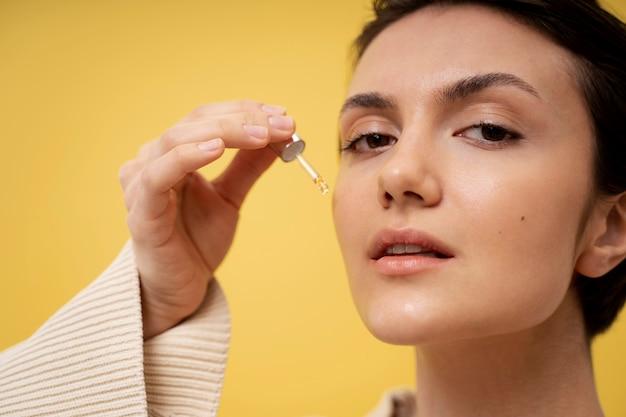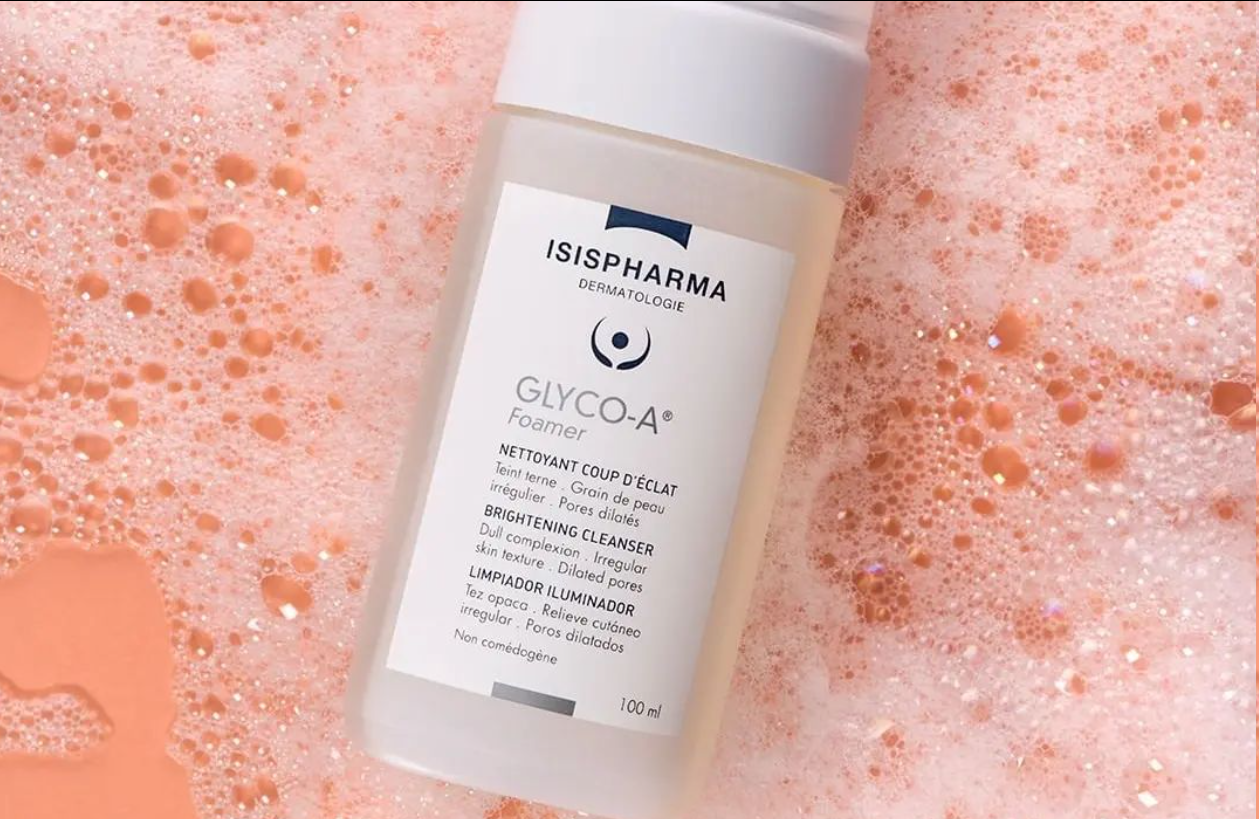Retinol vs. Tretinoin: Key Differences Explained for Effective Skincare Choices
When delving into the world of skincare, retinol and tretinoin often emerge as popular buzzwords associated with youthful skin and acne therapy. However, confusion is commonplace regarding whether these substances share an identical nature or differ entirely.
So, are retinol and tretinoin the same thing? In essence, no. Both are derivatives of Vitamin A and are renowned for their impressive dermatological benefits, but they diverge in terms of strength, usage, and availability. This article aims to demystify these two compounds, highlighting their unique characteristics and uses, helping you make an informed decision for your skincare routine.
What is Retinol?

Retinol is a milder, over-the-counter form of Vitamin A that has cemented its place in numerous skincare regimens. It is praised for its ability to renew and improve skin appearance by stimulating collagen production and accelerating cell turnover. Unlike its prescription counterpart, retinol is more gentle and therefore widely accessible to a diverse audience seeking skincare improvements without the intensity of prescription-strength alternatives.
Benefits and Uses of Retinol
The allure of retinol lies in its multiplicity of benefits that cater to a broad spectrum of skin concerns. Regular and appropriate retinol use can substantially diminish the signs of aging, evident in fine lines and wrinkles. Additionally, its prowess extends to combating acne, with its ability to unclog pores and increase cell regeneration offering a clearer, more refined complexion.
- Anti-aging effects: reduction in the appearance of fine lines and wrinkles.
- Acne treatment: unclogging pores and preventing future breakouts.
- Skin texture enhancement: promotes a smoother and more even skin tone.
What is Tretinoin?

On the other side of the spectrum lies tretinoin, a more potent derivative of Vitamin A available strictly through prescription. Its increased strength and faster working mechanism provide significant results in skin rejuvenation and acne management. However, this elevated efficacy also implies a higher probability of skin irritation, making it vital for users to follow a healthcare professional’s guidance when incorporating tretinoin into their skincare routines.
Tretinoin in the Healthcare Setting
The utilization of tretinoin is more controlled due to its potent nature. Healthcare professionals often prescribe it for severe acne cases and more pronounced signs of aging that do not respond adequately to milder solutions like retinol. Despite its effectiveness, tretinoin users must be vigilant of its side effects, such as peeling and increased sensitivity, necessitating the consideration of individual skin tolerance and medical advice.
Comparing Retinol and Tretinoin
Retinol and tretinoin, despite both stemming from Vitamin A, exhibit key distinctions in concentration, efficacy, and potential side effects. Understanding these differences can guide users to a more favorable choice based on individual skin concerns, type, and sensitivity. It’s not just about selecting a product; it’s about selecting the product that will harmonize with your skin’s unique profile.
| Feature | Retinol | Tretinoin |
|---|---|---|
| Strength | Milder | More Potent |
| Availability | Over-the-counter | Prescription |
| Primary Uses | Anti-aging, Mild acne | Severe acne, Advanced photoaging |
| Side Effects | Milder, less frequent | Increased skin sensitivity, peeling |
Retinol vs. Tretinoin: Efficacy and Accessibility
The debate around the efficacy of retinol versus tretinoin is often resolved by regarding the skin’s tolerance and the user’s goals. Accessibility is another factor, with retinol being available without a prescription, offering a more convenient option for many. Nevertheless, those with more severe concerns may find that the rigors of obtaining a tretinoin prescription are justified by its powerful results.
Adapting to Your Skin’s Needs
Embarking on a journey with retinoids should be approached with a strategy that prioritizes skin health. Users new to retinol or tretinoin should consider starting with a lower concentration and gradually increase the frequency of use as the skin adapts. Regular consultations with a dermatologist can ensure that your skin receives the optimal benefits without undue stress or irritation.
Conclusion
This comprehensive exploration of retinol and tretinoin underscores the significance of recognizing their nuanced differences. Armed with this knowledge, individuals can make informed decisions tailored to their unique skin conditions and aspirations. While each compound boasts transformative properties, the choice between retinol, the gentler alternative, and tretinoin, the more intense prescription option, should ultimately align with personalized needs and professional guidance.
FAQs
Q1: Can I use retinol and tretinoin together?
A1: It is not typically recommended to use both retinol and tretinoin together due to the risk of increased irritation and skin sensitivity. Consult a dermatologist for a tailored skincare regimen.
Q2: How long does it take to see results from retinol or tretinoin?
A2: Results can vary, but generally, it may take several weeks to a few months to notice significant changes in the skin when using retinol or tretinoin.
Q3: Can retinol or tretinoin cause skin irritation?
A3: Yes, both can cause skin dryness, redness, and peeling, especially during the initial stages of use. It’s essential to start with a lower concentration and frequency to allow your skin to adapt.
Q4: Are retinol and tretinoin safe to use during pregnancy?
A4: Tretinoin and high-strength retinol products are not recommended for use during pregnancy. Always consult with a healthcare provider before starting any new skincare treatment when pregnant.
Q5: Should I apply sunscreen when using retinol or tretinoin?
A5: Absolutely, using a broad-spectrum sunscreen daily is crucial when using retinol or tretinoin as these treatments can increase your skin’s sensitivity to the sun.


